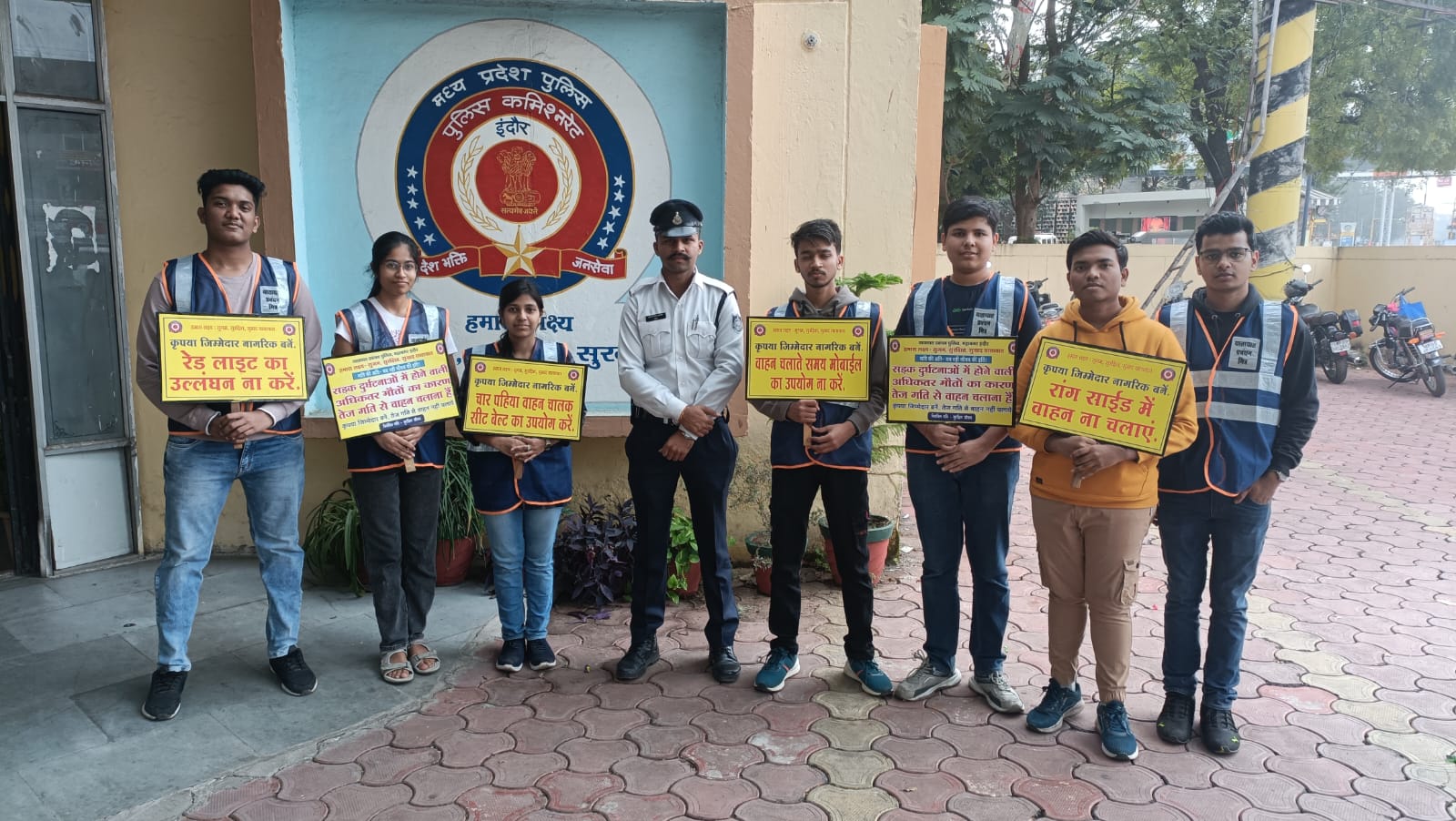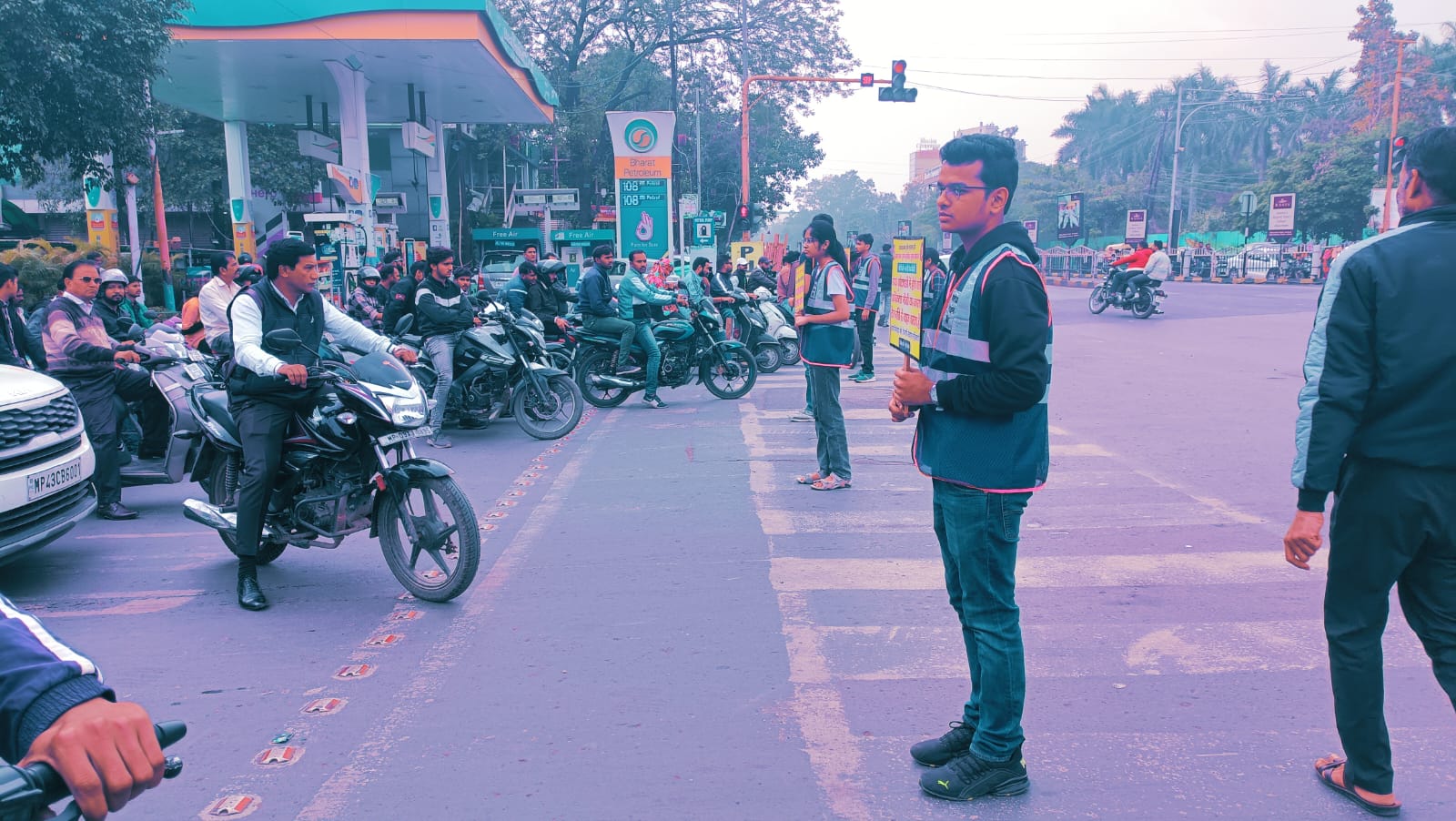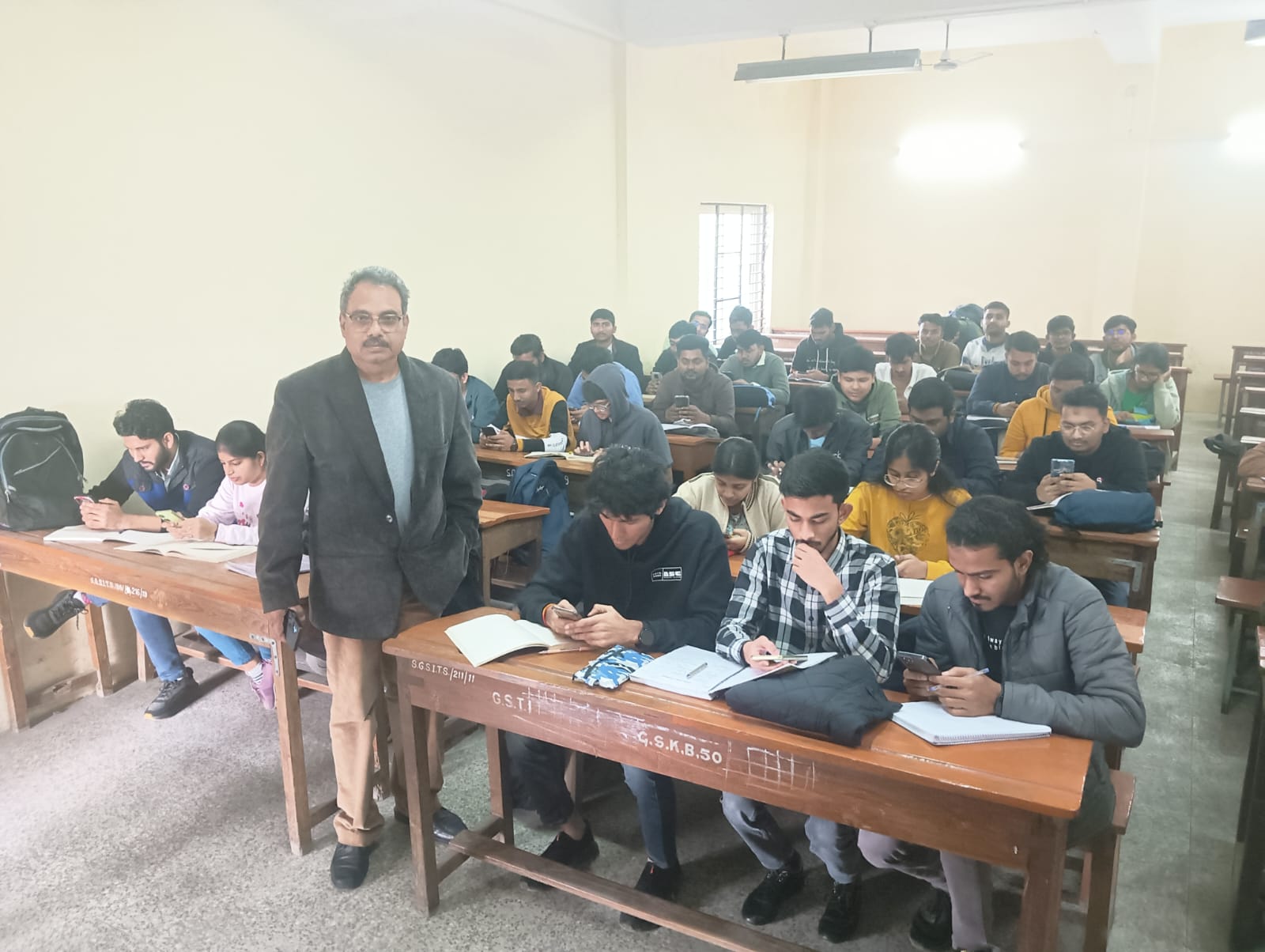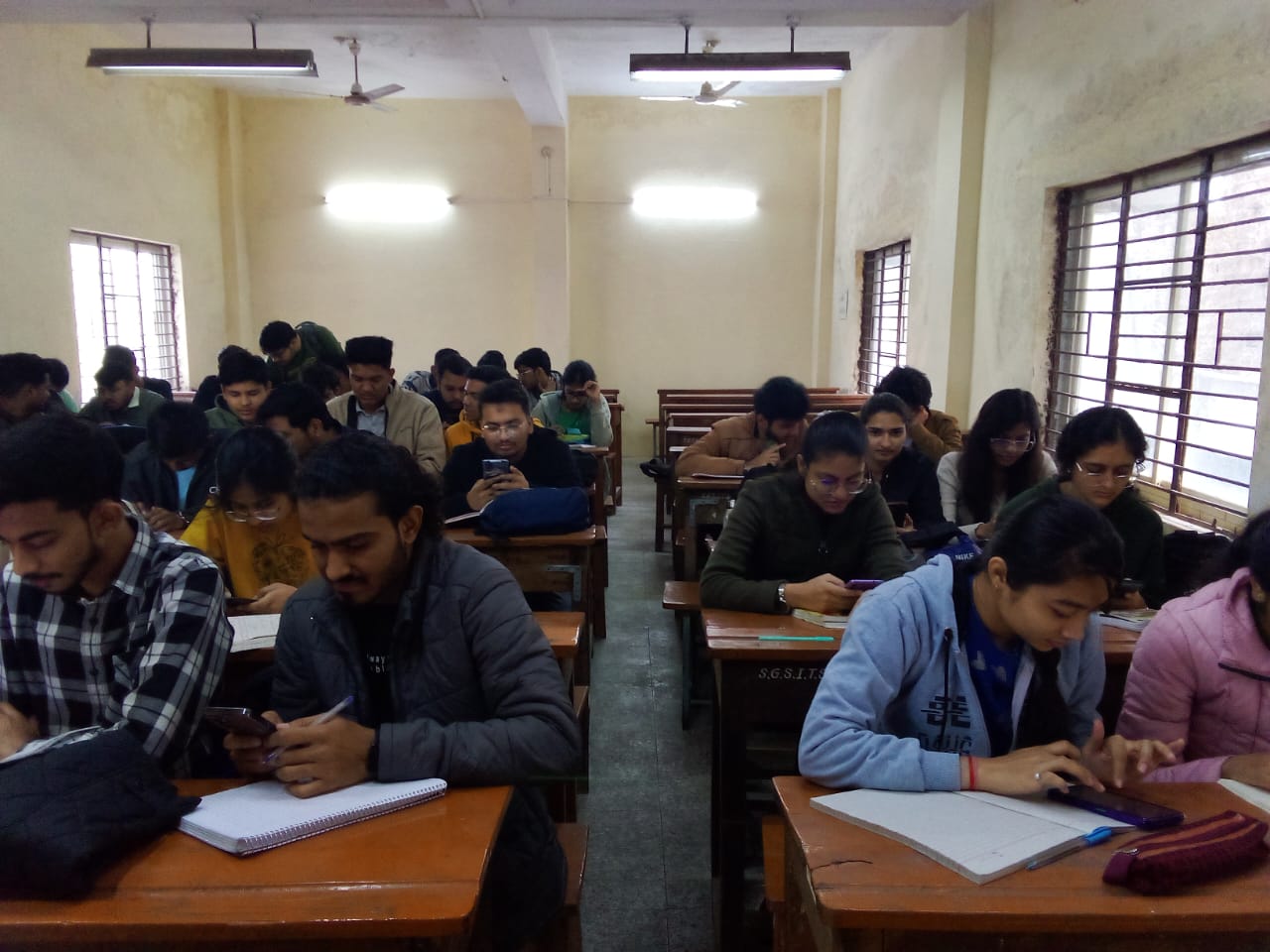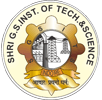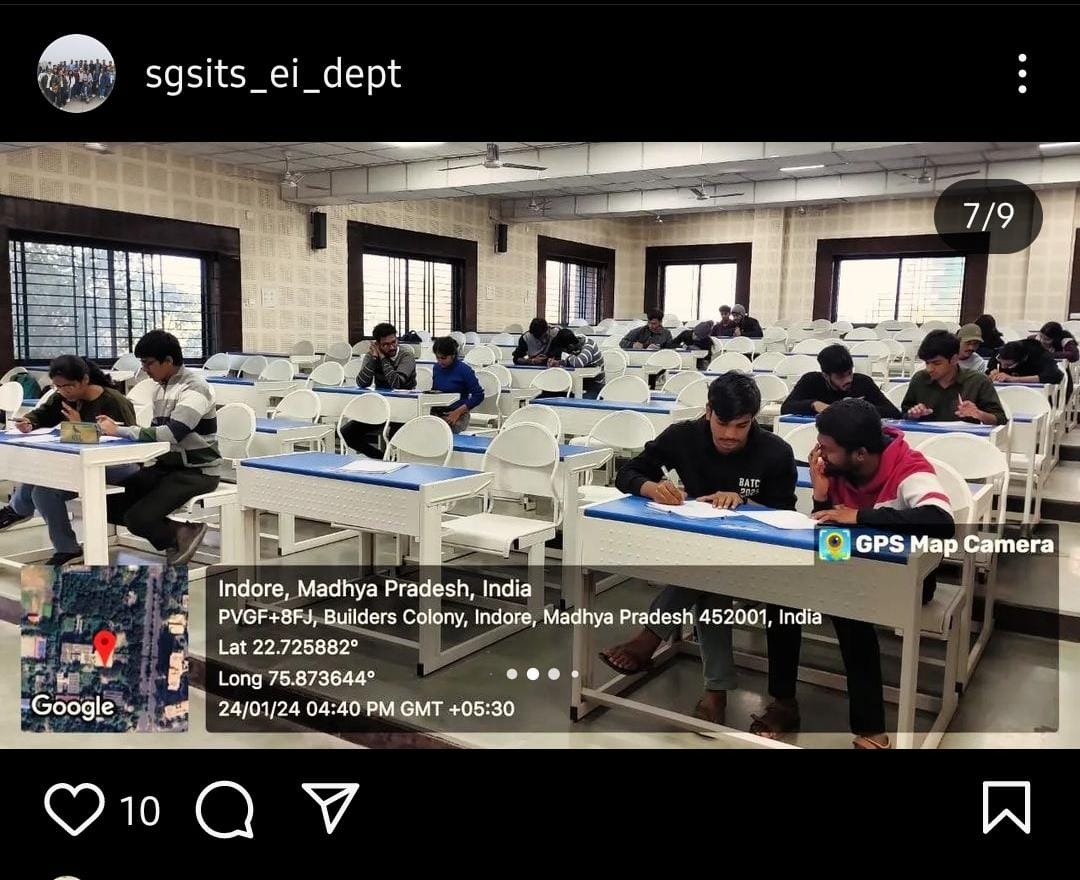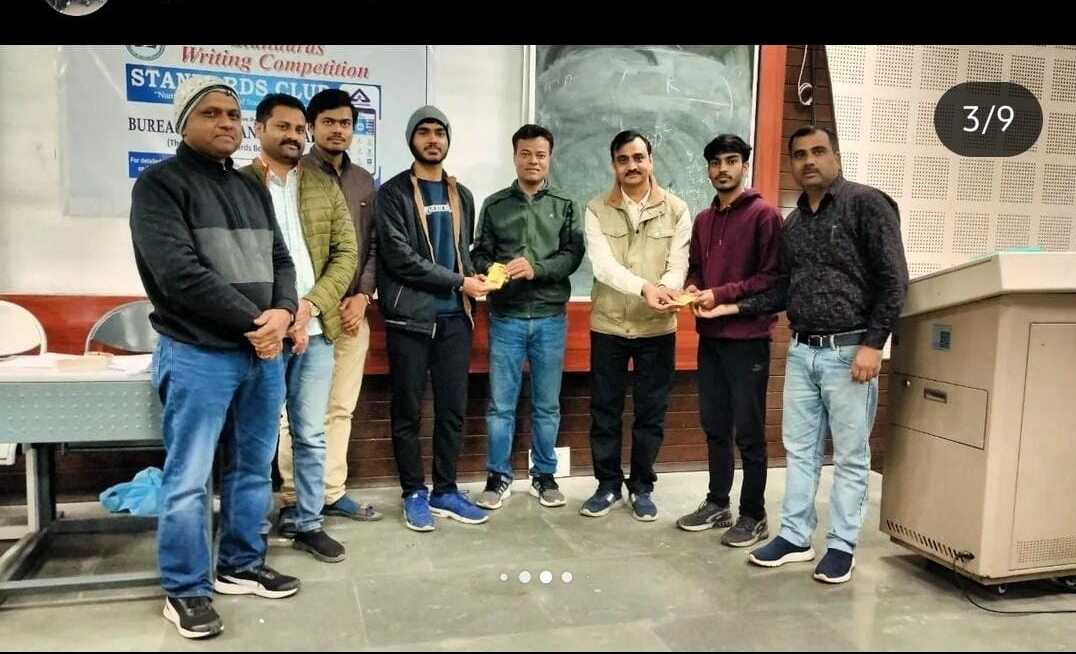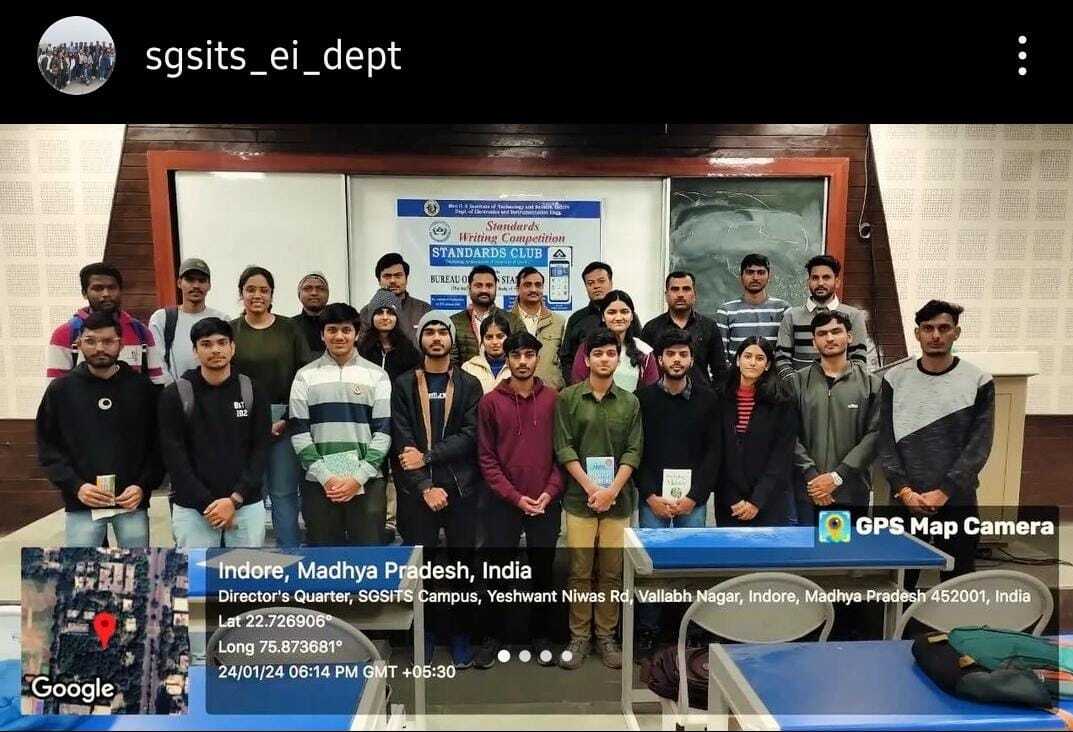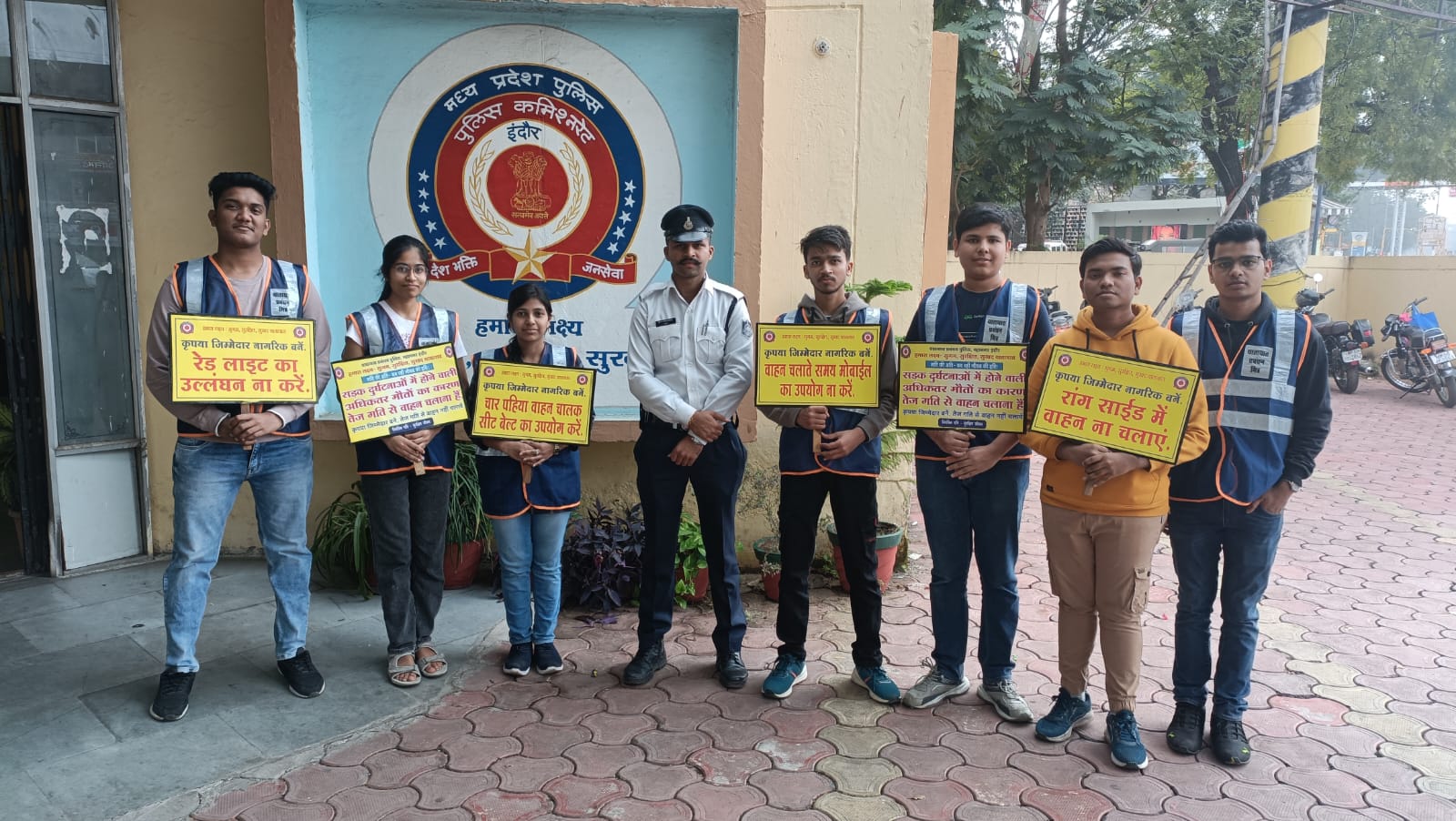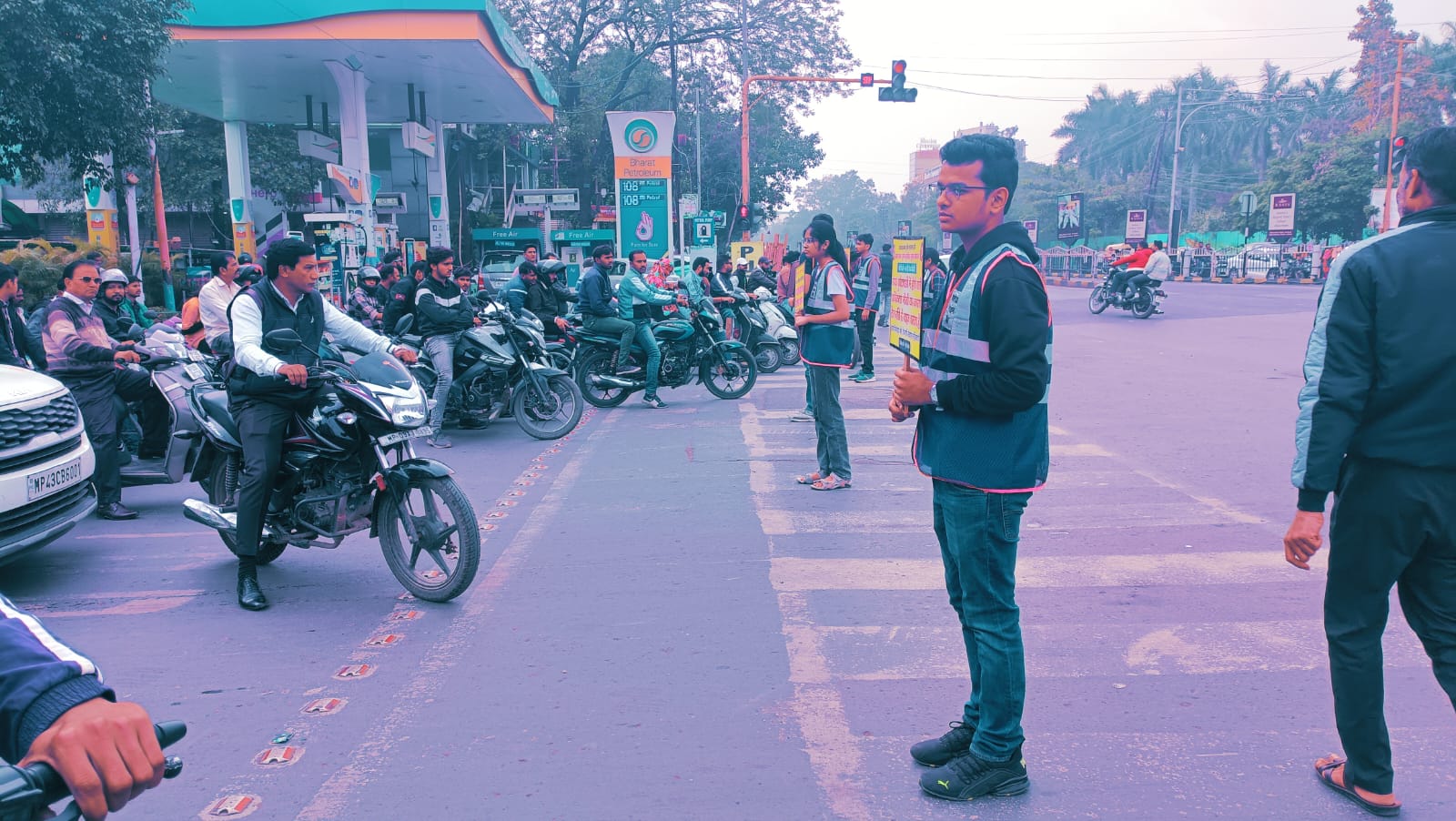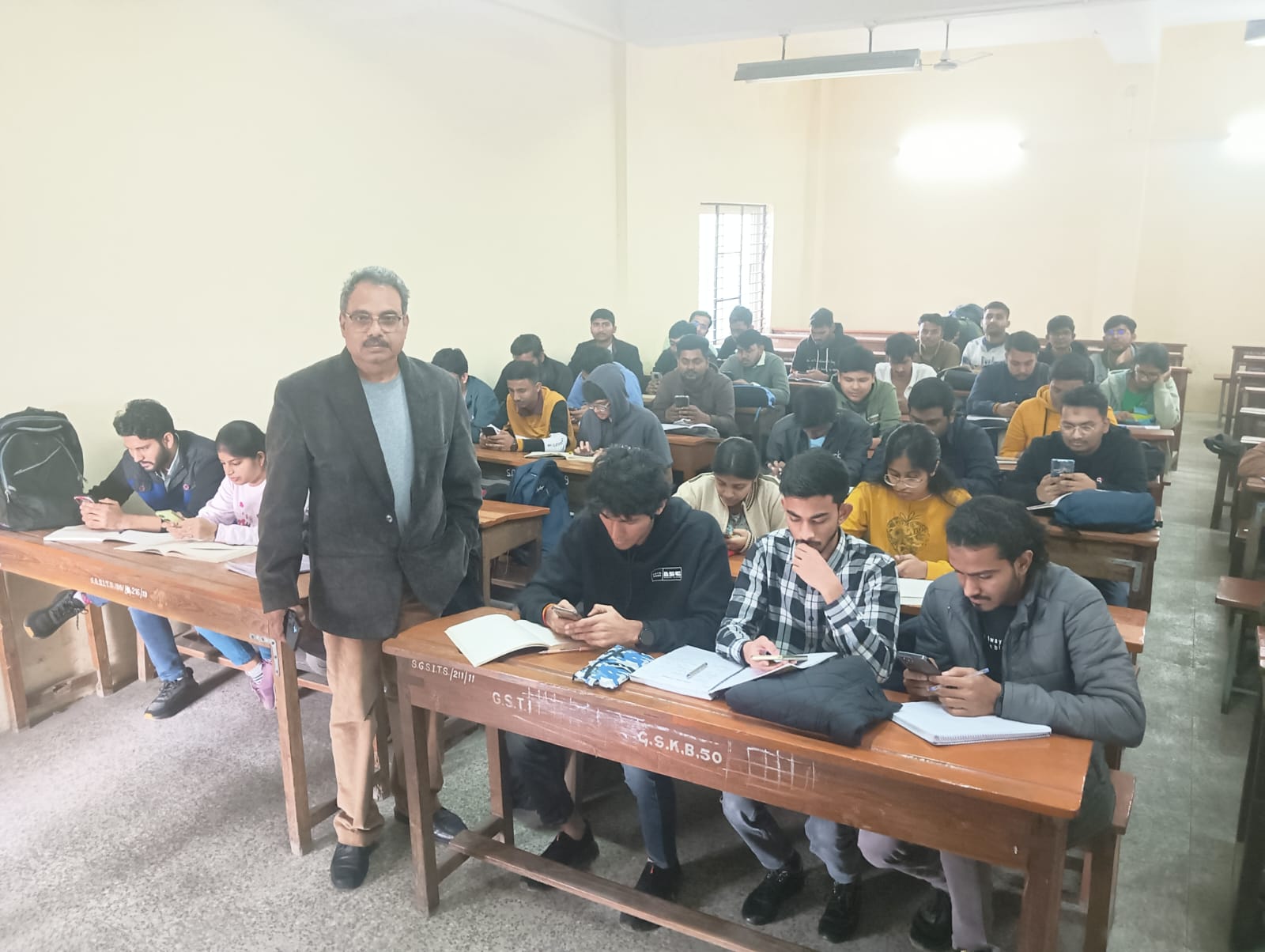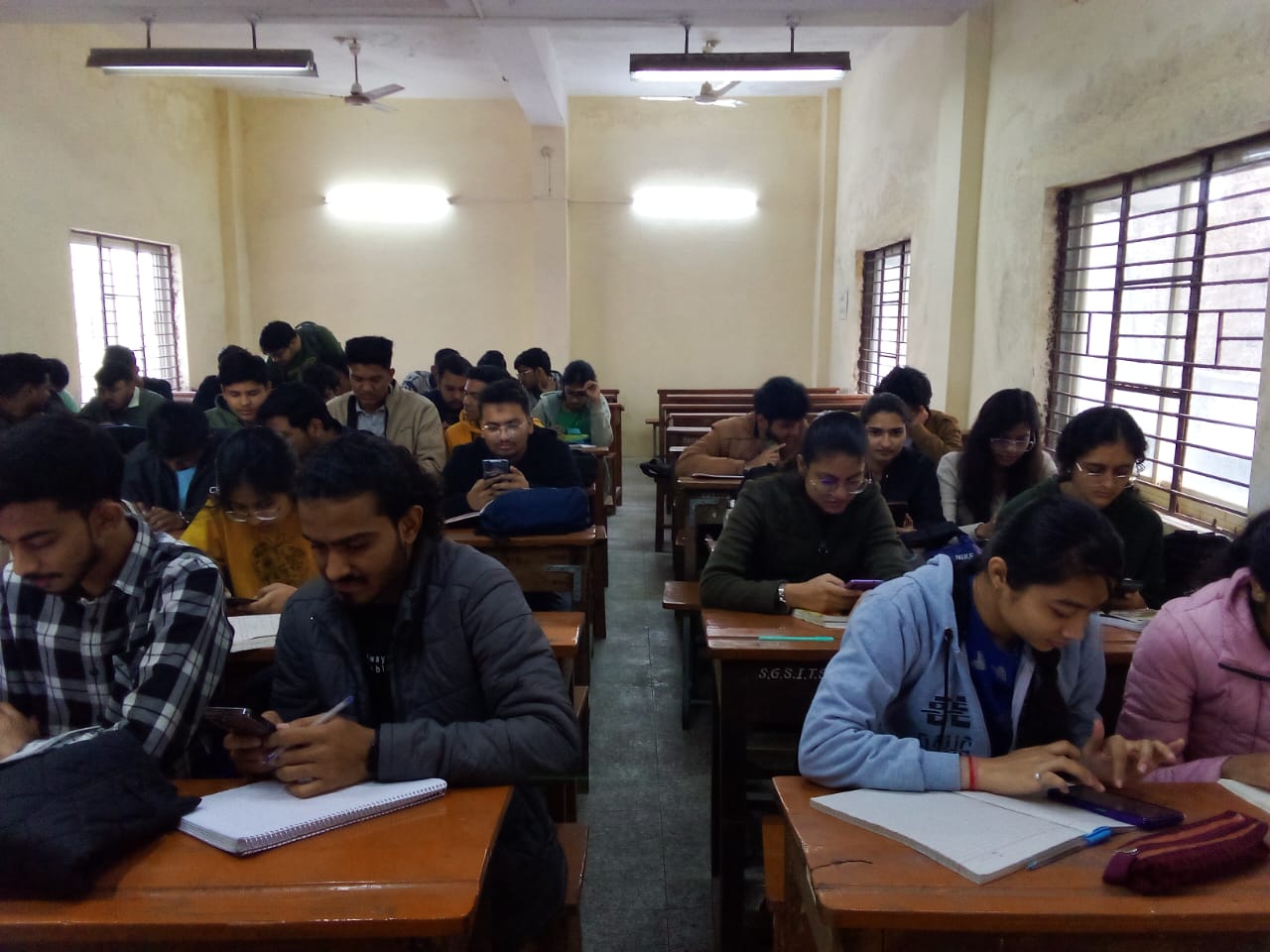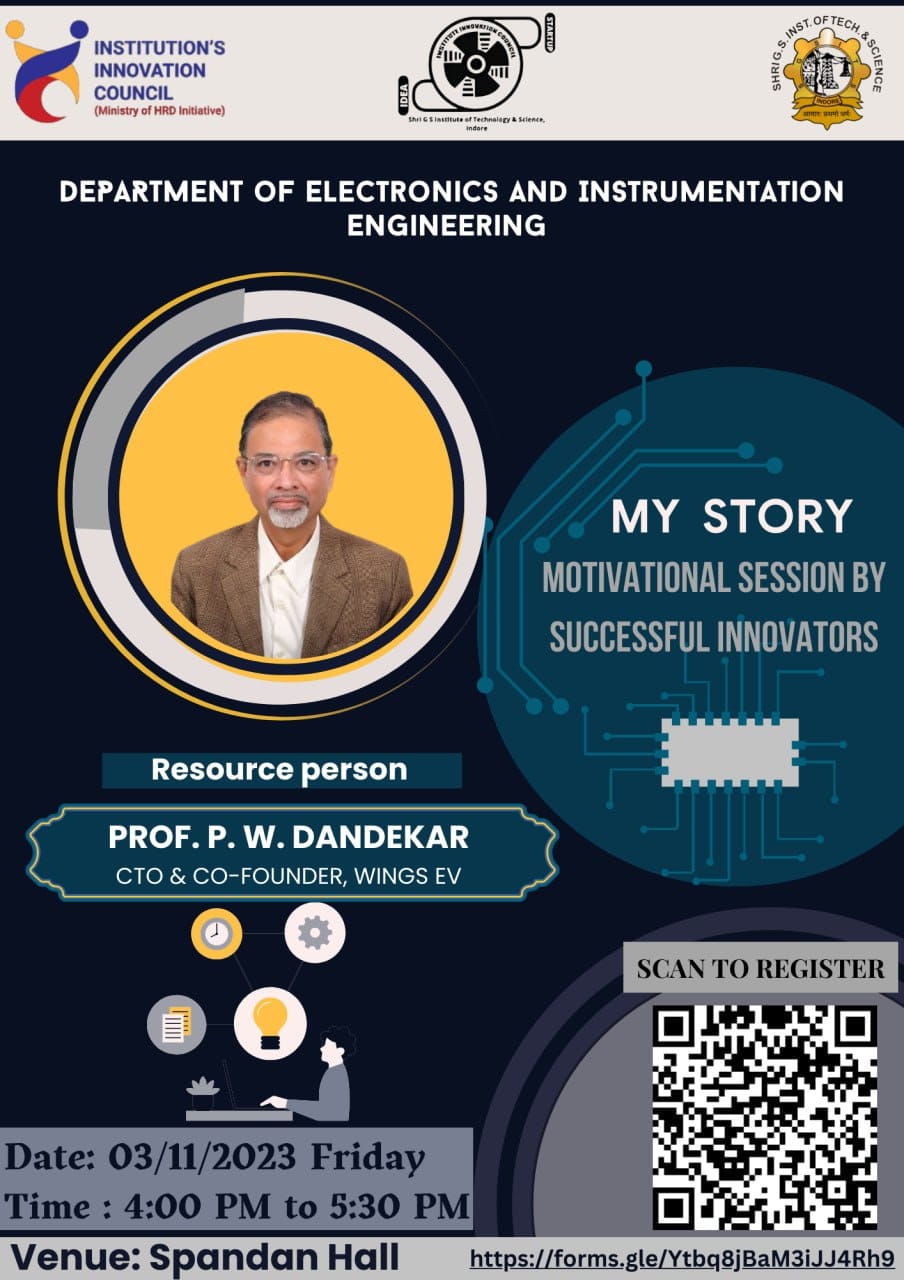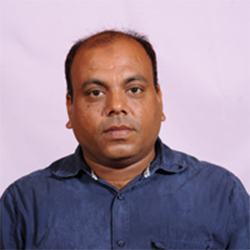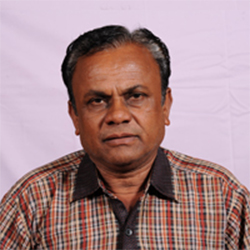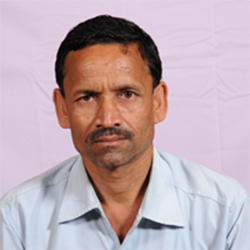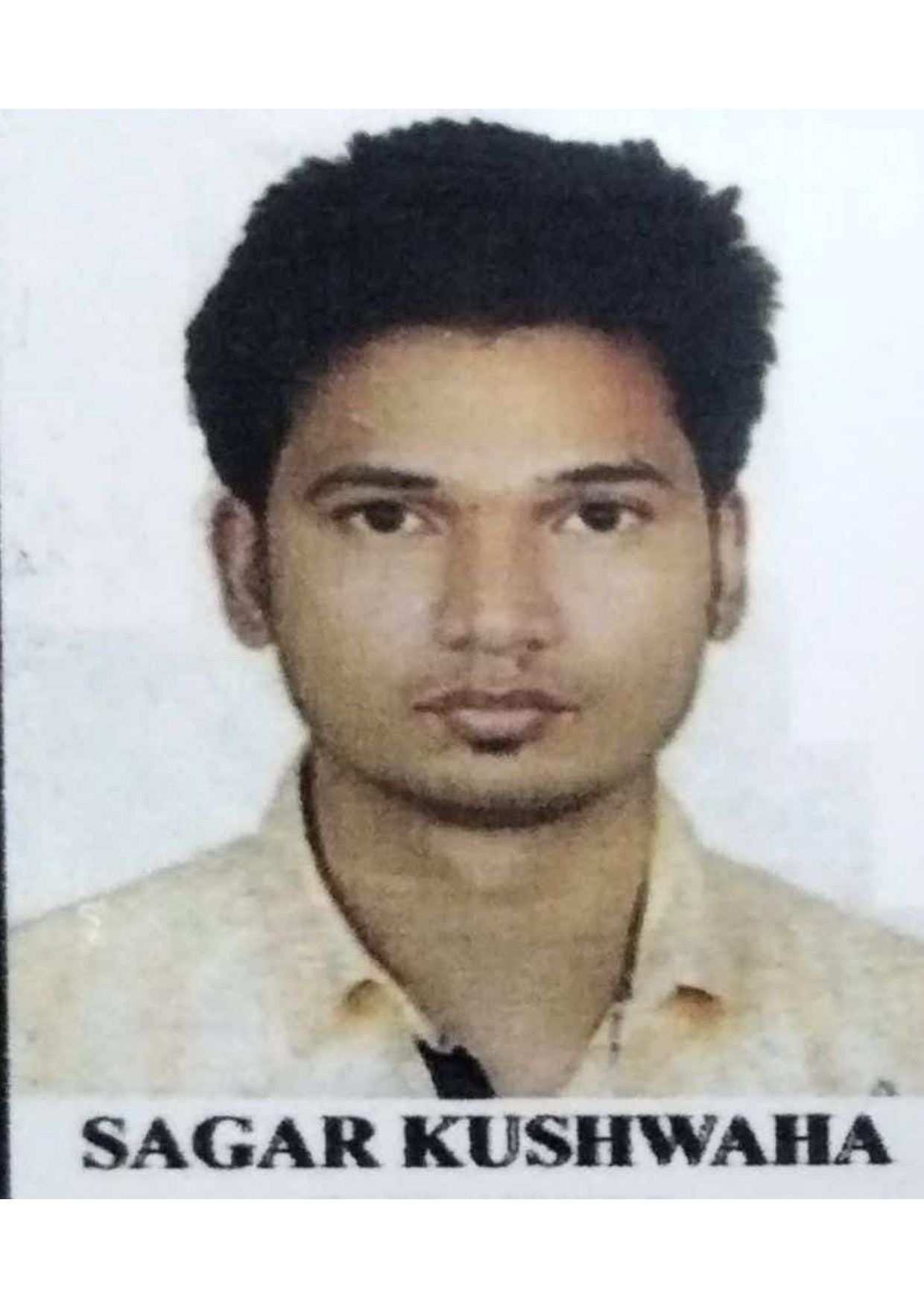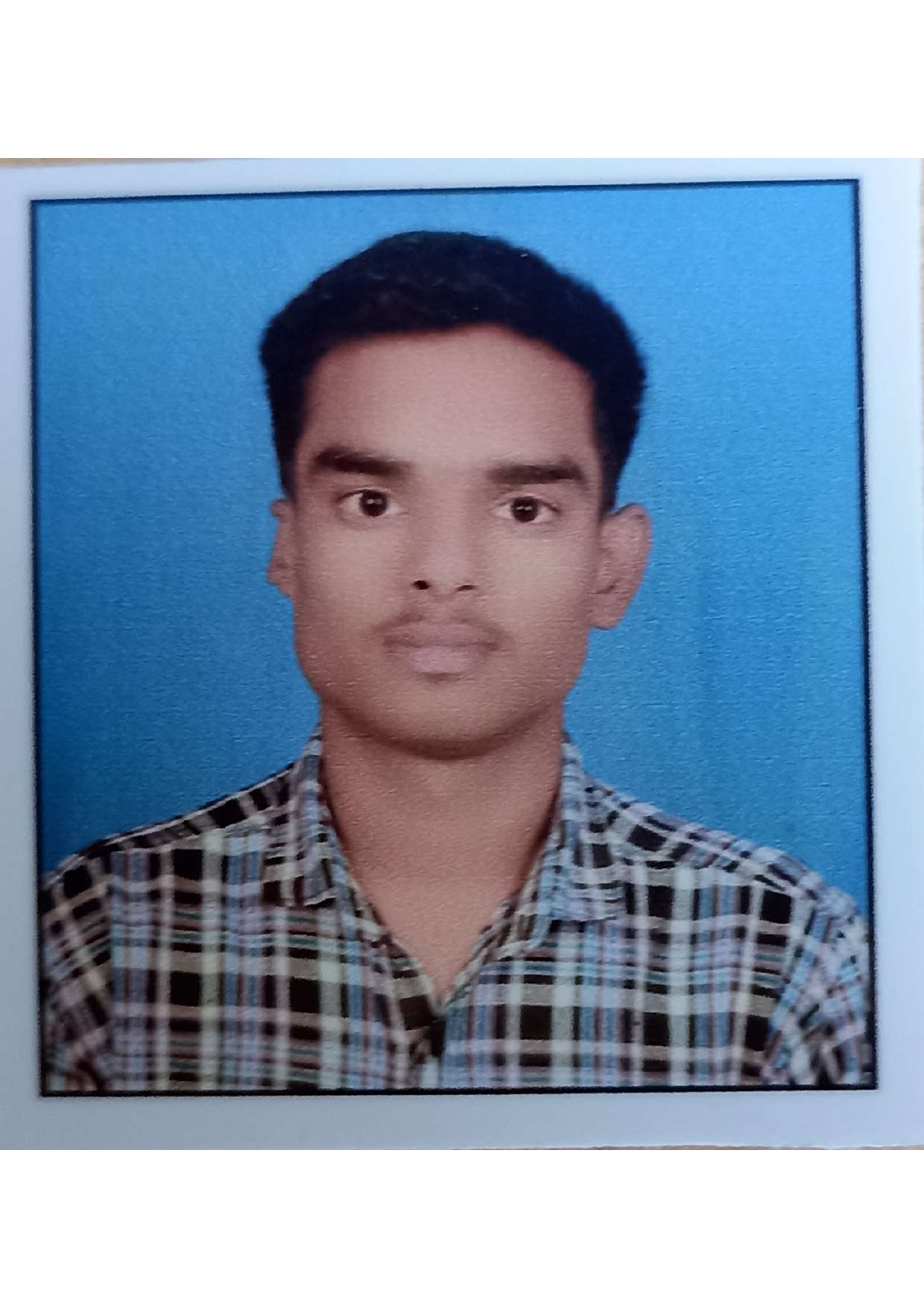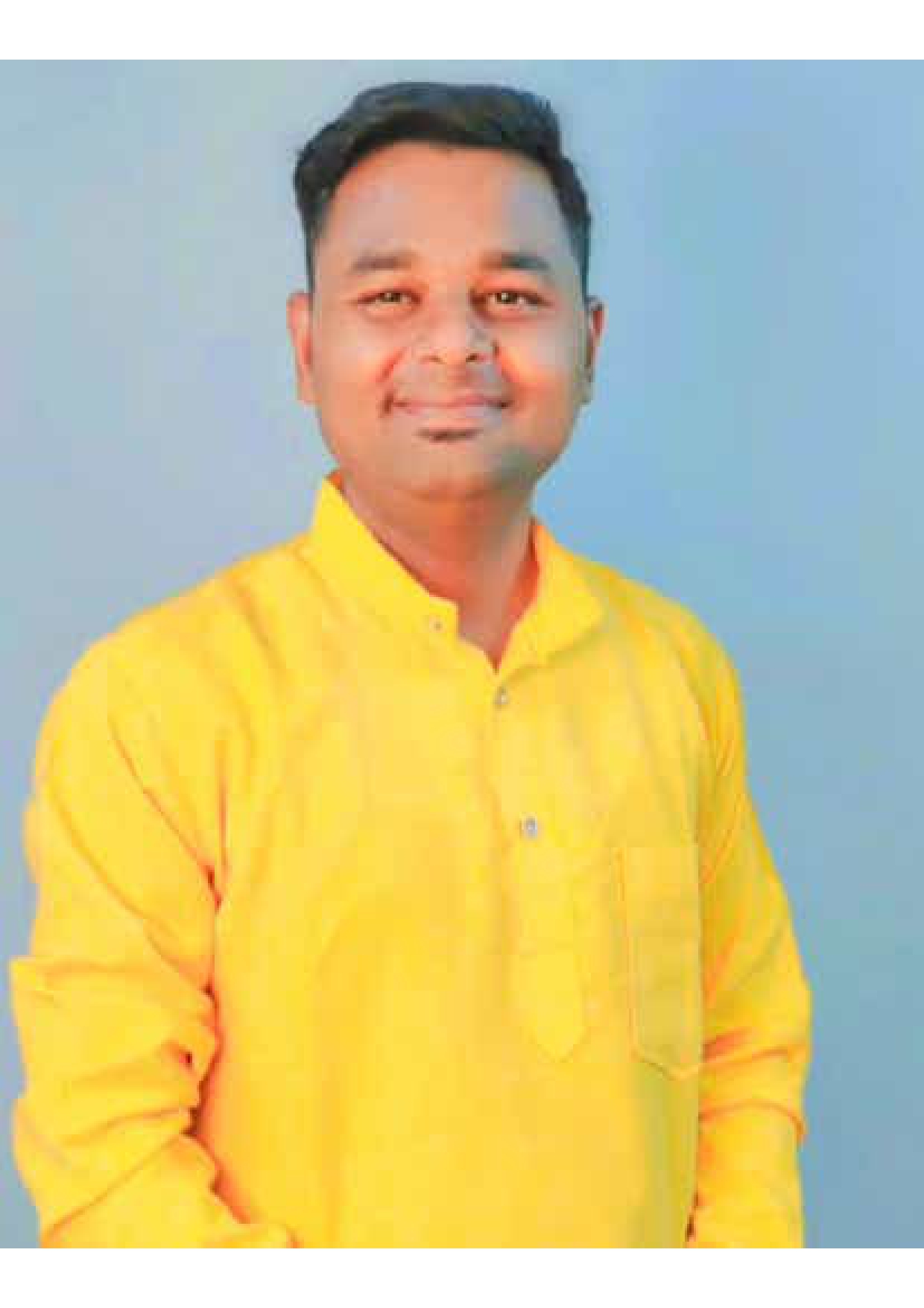| S.No. |
Author |
Title of Paper |
Name of Journal |
Year |
| 1 |
Gireesh G. Soni, Abhishek Tripathi, Mansvi Shroti, Kushagra Agarwal |
Experimental study of rain affected optical wireless link to investigate regression parameters for tropical Indian monsoon |
Optical and quantum electronics |
June 2023 |
| 2. |
Vaishali narendra Naik, R.S. Gamad, P.P. Bansod |
Effect of despeckling filters on the segmentation of ultrasound common carotid artery images |
Biomedical Journal |
Aug 2022 |
| 3. |
R.C.Gurjar and D.K.Mishra |
Design and performance analysis of CMOS Tunable Active inductor” |
Journel of electronics (Taylor & Francis) |
July 2021 |
| 4. |
Vibha Tiwari., P. P. Bansod , Abhay kumar |
CT Image Reconstruction from SPARC Projection using adaptive total generalized variation with soft thresholding |
International Journal Biomedical Engineering and Technology VOL:36,NO.1.2021.PP79 |
June 2021 |
| 5. |
S. R. Mansore, R.S. Gamad and D. K.Mishra |
A 32 nm Read Disturb-free 11T SRAM Cell with Improved Write Ability |
Journal of Circuits, Systems and Computers Volume 29, |
2020 |
| 6. |
Anju Lata Yadav, P.P. Bansod |
QoS in WiMAX hybrid schedulers for heterogeneous traffic and their performance comparison |
International Journal of Electronics, Taylor and Francis, Volume 107, 2020 -Issue 4 |
Sept 2019 |
| 7. |
R. S. Gamad, P. P. Bansod ,Yudhishthir Raut, |
Objective analysis and bit rate analysis of HEVC compressed 4D-fMRI images |
International Journal of Imaging Systems and Technology |
March 2019 |
| 8. |
Bhawana Garg and Deepak K. Mishra |
Parameter Estimation of Analog to Digital Converter with Multipoint Interpolation Technique |
Indian Journal of Science and Technology |
2019 |
| 9. |
S.R. Mansore & R.S. Gamad |
A data aware write assist 10T SRAM cell with b it interliving capability |
Turkish Jour. of Electrical Engg. & Computer sciences Vol 26, No.5 Pg. 2361-2376 Sept. 2018 |
Jan 2018 |
| 10. |
Anurag Shrivastava,Prashant Bansod, Kamlesh Gupta, Shabbir N.Merchant |
An improved multicast based energy efficient opportunistic data scheduling algorithm for VANET |
AEU - International Journal of Electronics and Communications Volume 83,January 2018,Pages 407-415 |
Jan 2018 |
| 11. |
Alpana Amit Deshmukh, Radheshyam Gamad, Deepak Kumar Mishra |
Implementation of Phase Locked Loop for FM Demodulator Circuit |
International Journal of Engineering & Technology Volume 7 (4) |
2018 |
